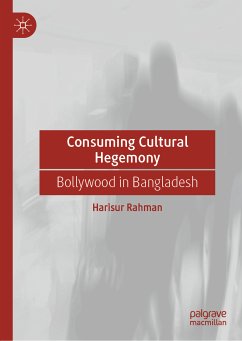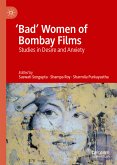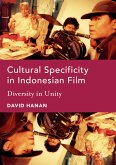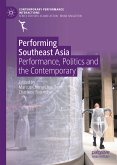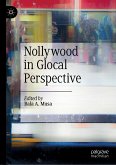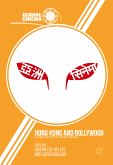'In the world of film scholarship, as in the world(s) of South Asian popular culture, Bollywood has enjoyed a hegemonic position. Rahman's work opens a unique window on the social, political, academic, technological and cultural dynamics of that hegemony. He provides a long-needed voice for Bangaladeshi film culture and film industry.' - Professor Gregory D Booth, The University of Auckland, New Zealand
'In an engaging and comprehensive manner the book provides an overview of the circulation of Bollywood films in Bangladesh and their impacts on society and culture industry. A must read for anyone interested in exploring the relationship between film consumption, cultural hegemony and social inequality.' - Professor Kristin Skare Orgeret, Oslo Metropolitan University, Norway
This book examines the circulation and viewership of Bollywood films and filmi modernity in Bangladesh. The writer poses a number of fundamental questions: what it means to be a Bangladeshi in South Asia, what it means to be a Bangladeshi fan of Hindi film, and how popular film reflects power relations in South Asia. The writer argues that partition has resulted in India holding hegemonic power over all of South Asia's nation-states at the political, economic, and military levels-a situation that has made possible its cultural hegemony. The book draws on relevant literature from anthropology, sociology, film, media, communication, and cultural studies to explore the concepts of hegemony, circulation, viewership, cultural taste, and South Asian cultural historyand politics.
Harisur Rahman is Assistant Professor at North South University in Dhaka, Bangladesh. His research interests include Film, Media, Communication and Cultural Studies, Media Anthropology, Business Anthropology, Advertising Research, Material Culture, Globalization, Consumer Culture, Visual Culture, South Asian Media and Cultural Politics.
Dieser Download kann aus rechtlichen Gründen nur mit Rechnungsadresse in A, B, BG, CY, CZ, D, DK, EW, E, FIN, F, GR, HR, H, IRL, I, LT, L, LR, M, NL, PL, P, R, S, SLO, SK ausgeliefert werden.

